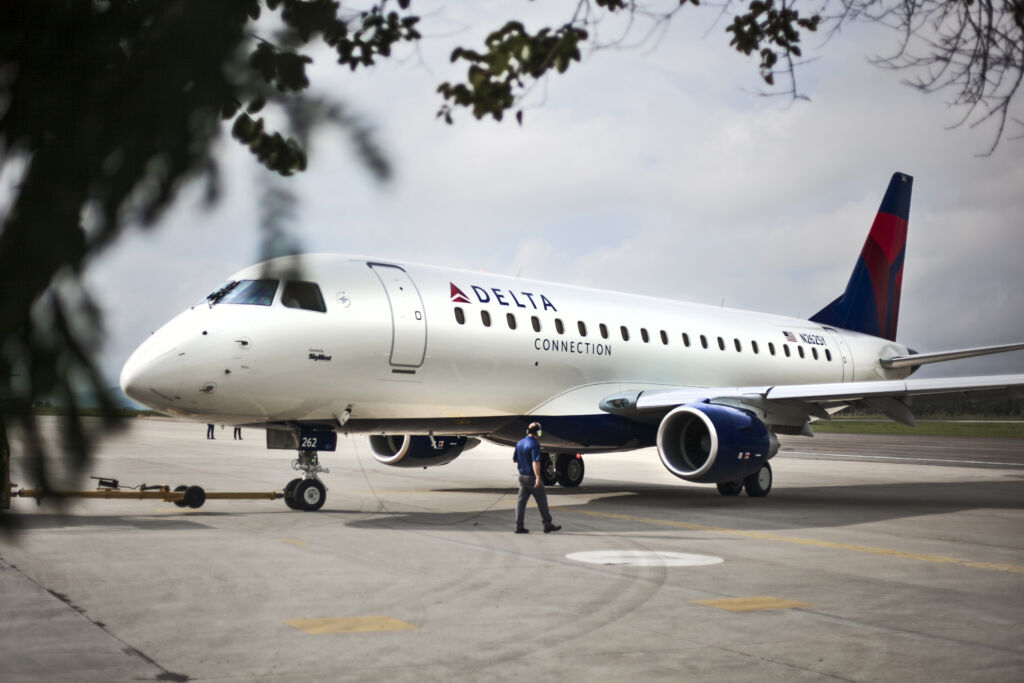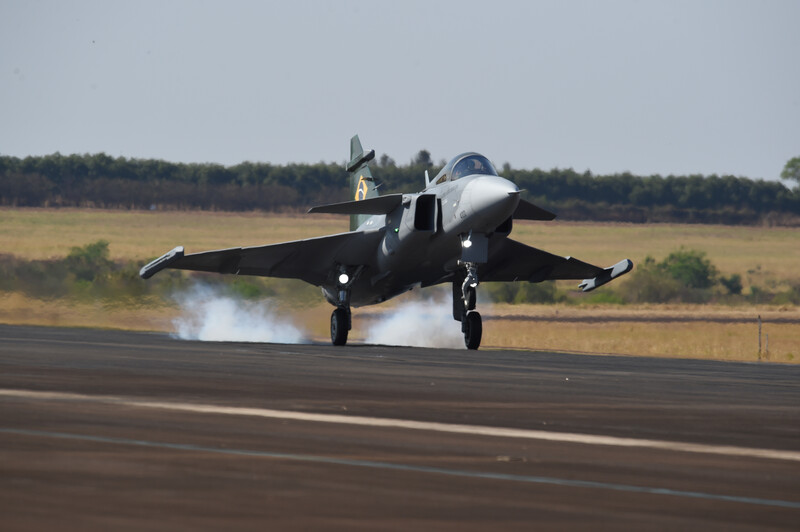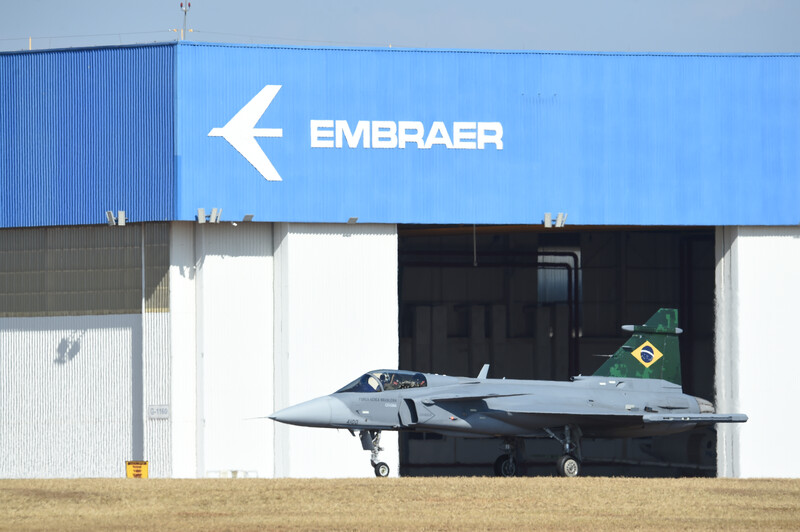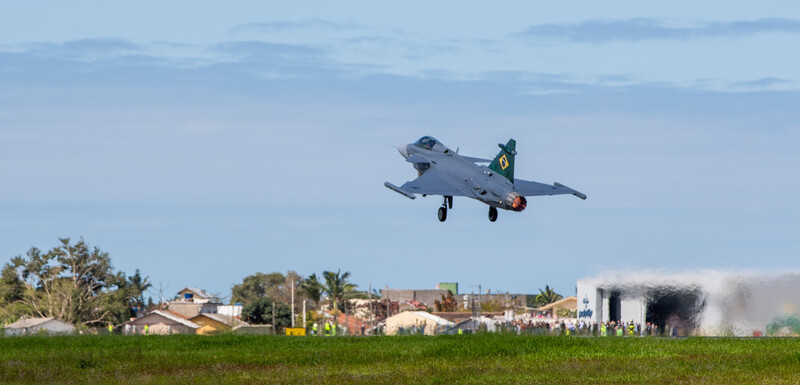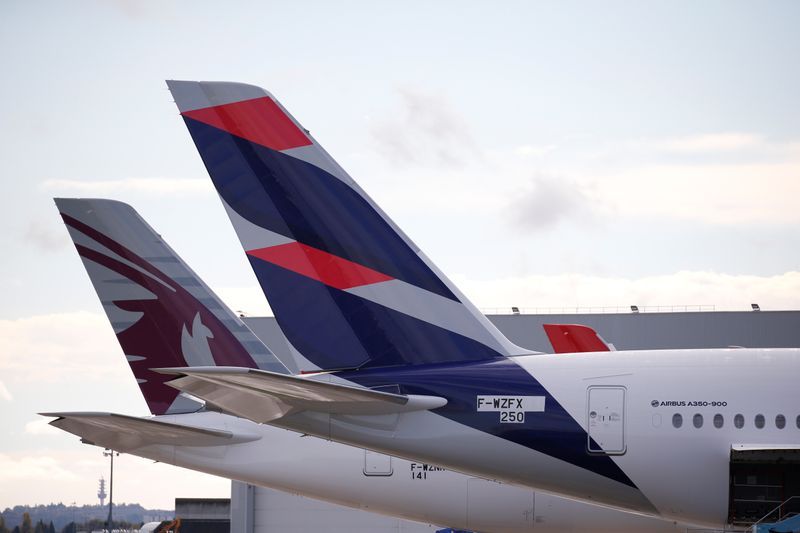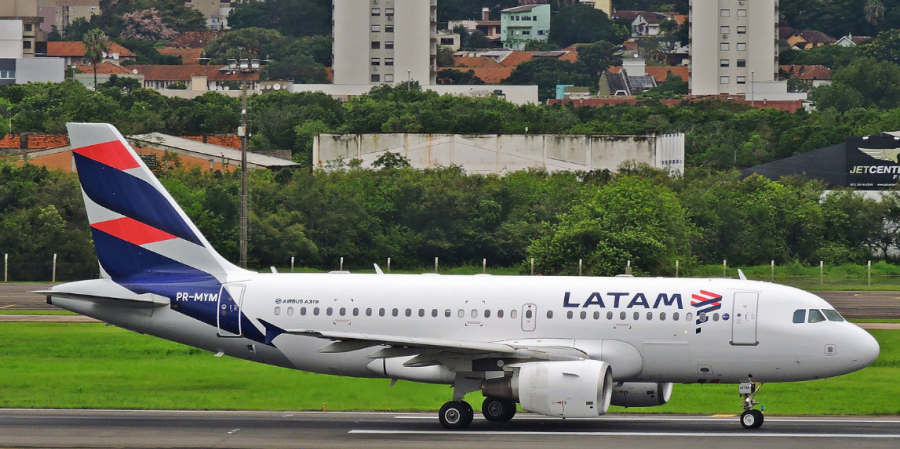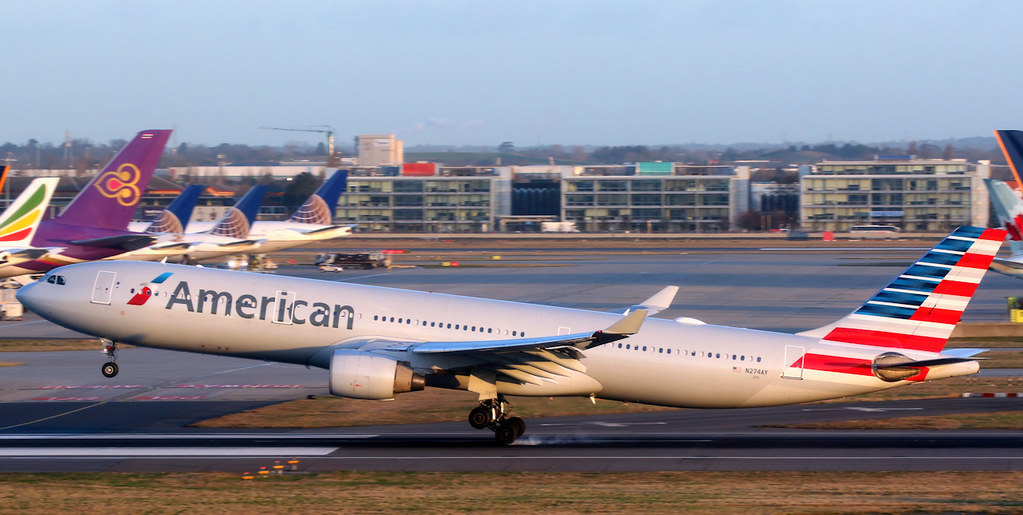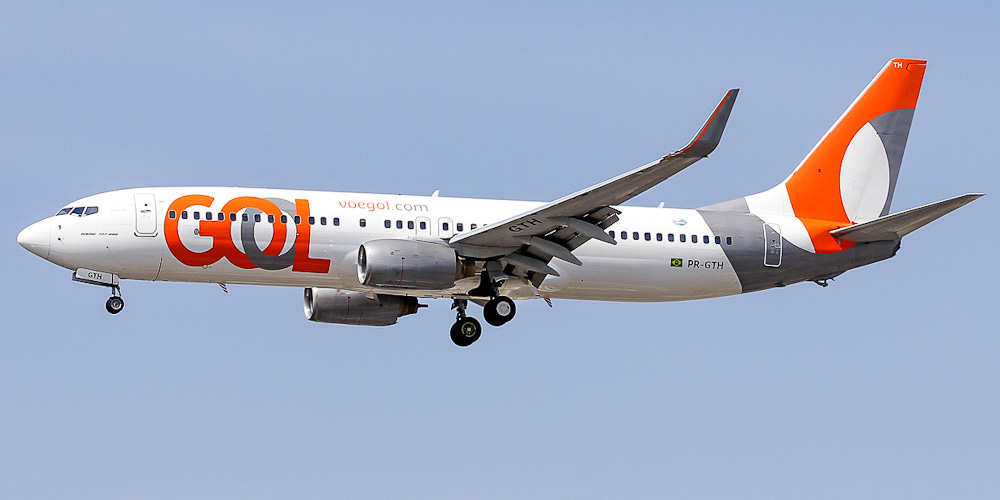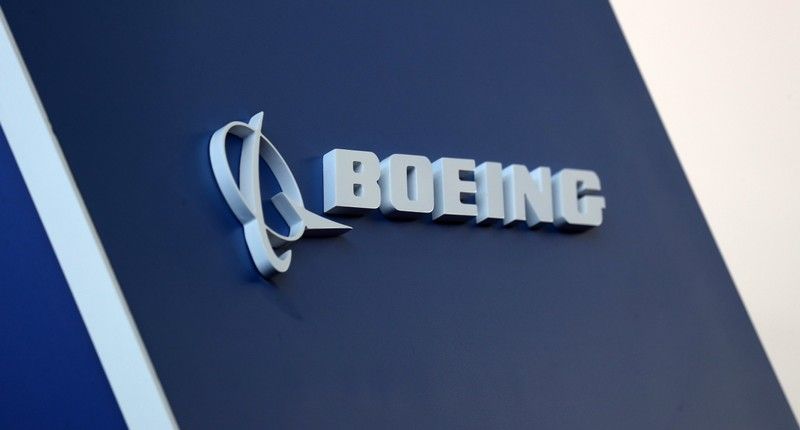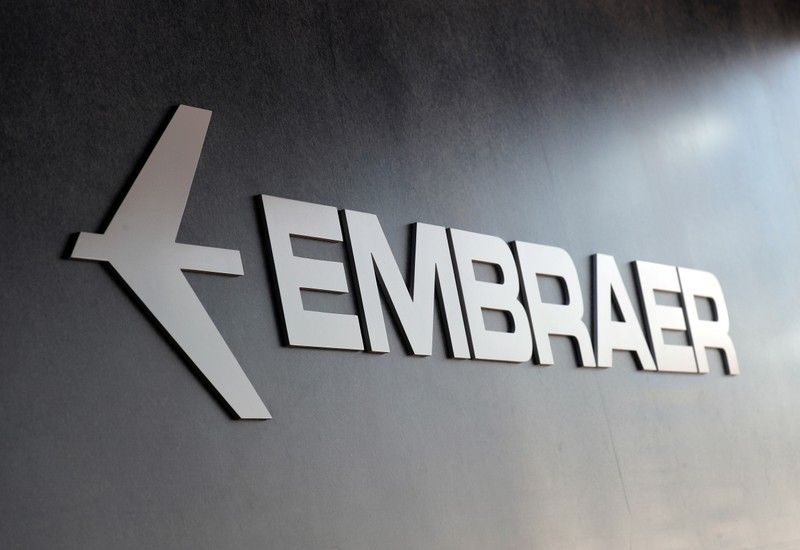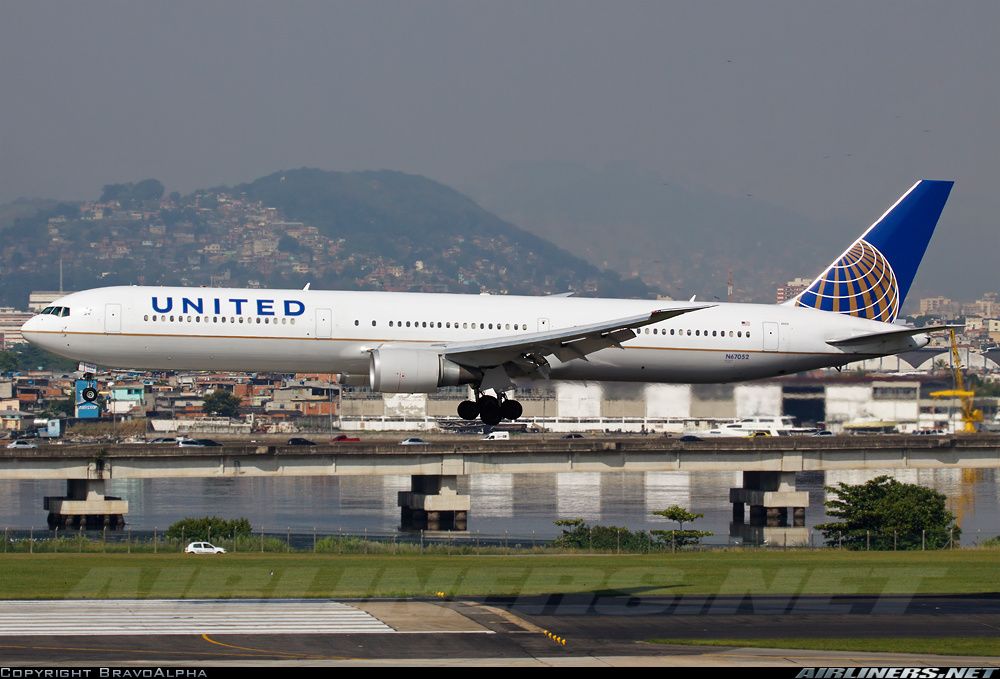Embraer (NYSE: ERJ) carried out its first aircraft non-payment insurance (ANPI) transaction financing the delivery of four Embraer E175 jets to SkyWest, Inc. (NASDAQ: SKYW). The transaction, completed in December 2020, was supported by the Aircraft Finance Insurance Consortium (AFIC), designed by Marsh and was underwritten by AXIS Insurance and Sompo International. The lender for the transaction is the Brazilian Development Bank (BNDES).
This transaction is a major achievement for the aircraft finance industry being the first AFIC-supported transaction for regional jets, the first AFIC-supported financing for an airline based in the United States, and the first AFIC-supported financing for commercial aircraft funded by an export credit agency (ECA).
AFIC´s insurance product provides additional flexibility in financing Embraer aircraft and could be used with ECA, bank, and capital markets funding, enhancing the possible financing structures available for Embraer customers. The AFIC product improves the credit quality of aircraft finance transactions through the use of a robust non-payment insurance policy underwritten by investment grade-rated insurance companies. It further reduces overall costs of financing while offering many other benefits to Embraer customers such as flexibility of terms and faster implementation.
Embraer’s relationship with SkyWest dates back to 1986, when SkyWest began operating the EMB 120 Brasilia turboprop. Since 2013, SkyWest has purchased more than 180 E175 jets.
Embraer is the world’s leading manufacturer of commercial jets with up to 150 seats. The Company has 100 customers from all over the world operating the ERJ and E-Jet families of aircraft. For the E-Jets program alone, Embraer has logged almost 1,800 orders and 1,600 deliveries, redefining the traditional concept of regional aircraft.
